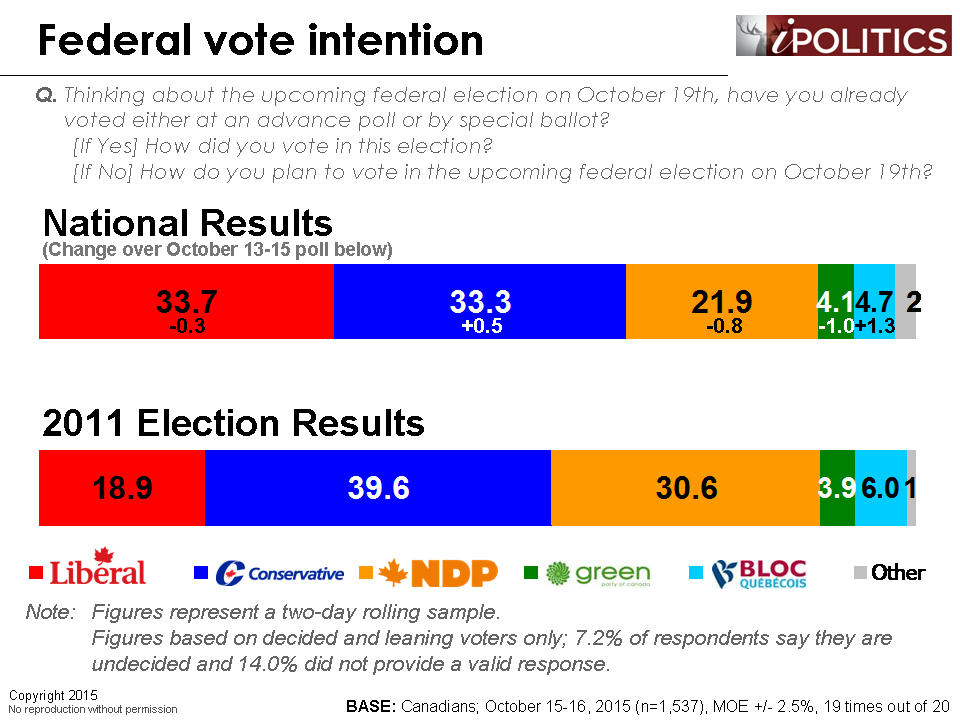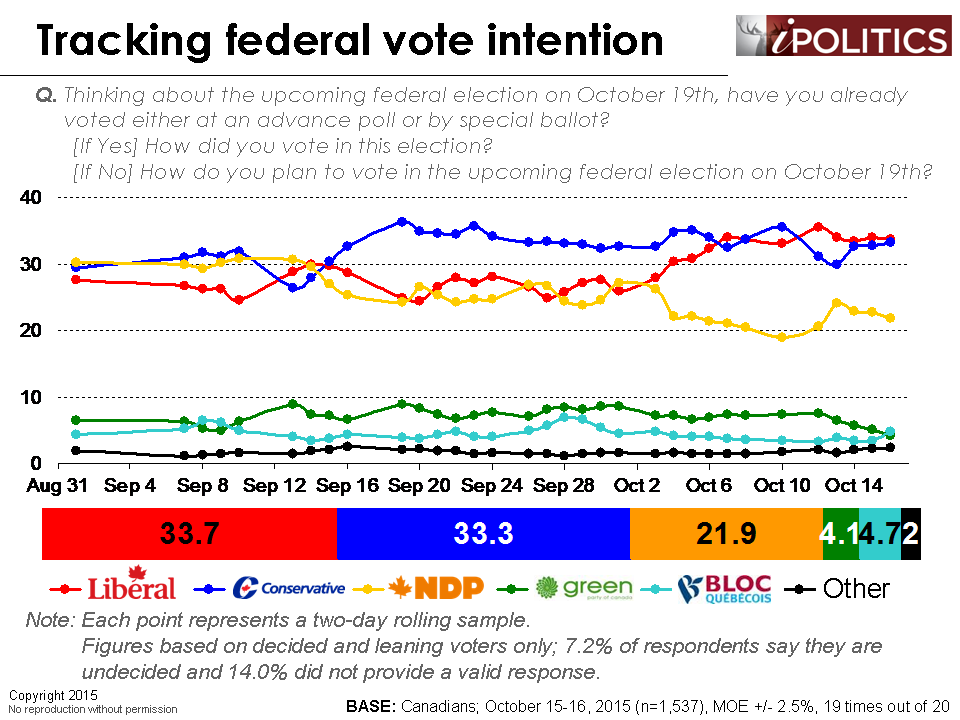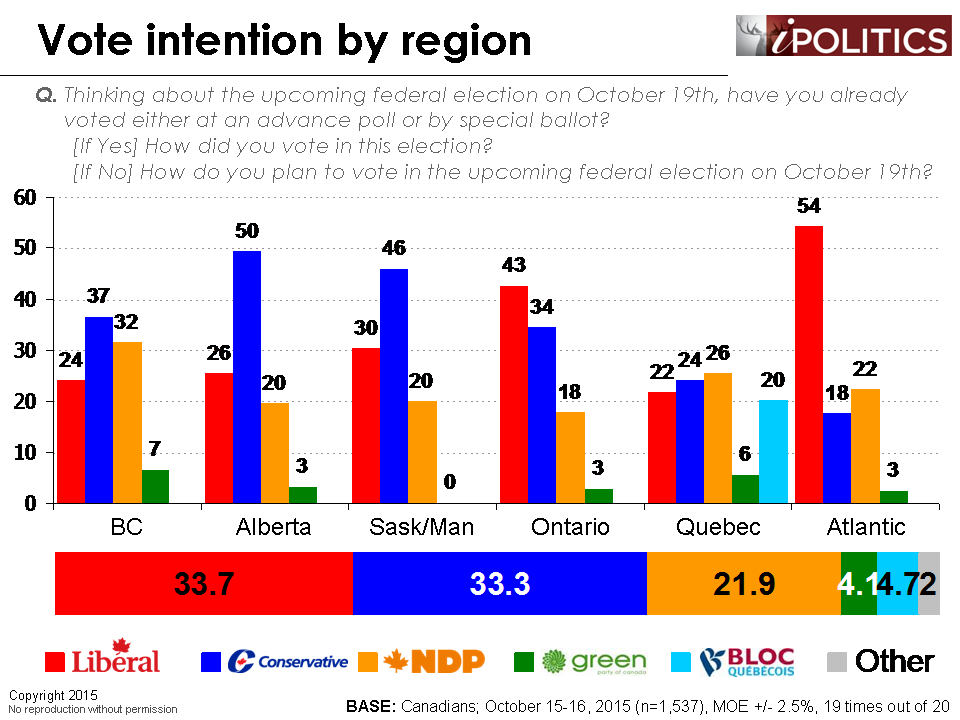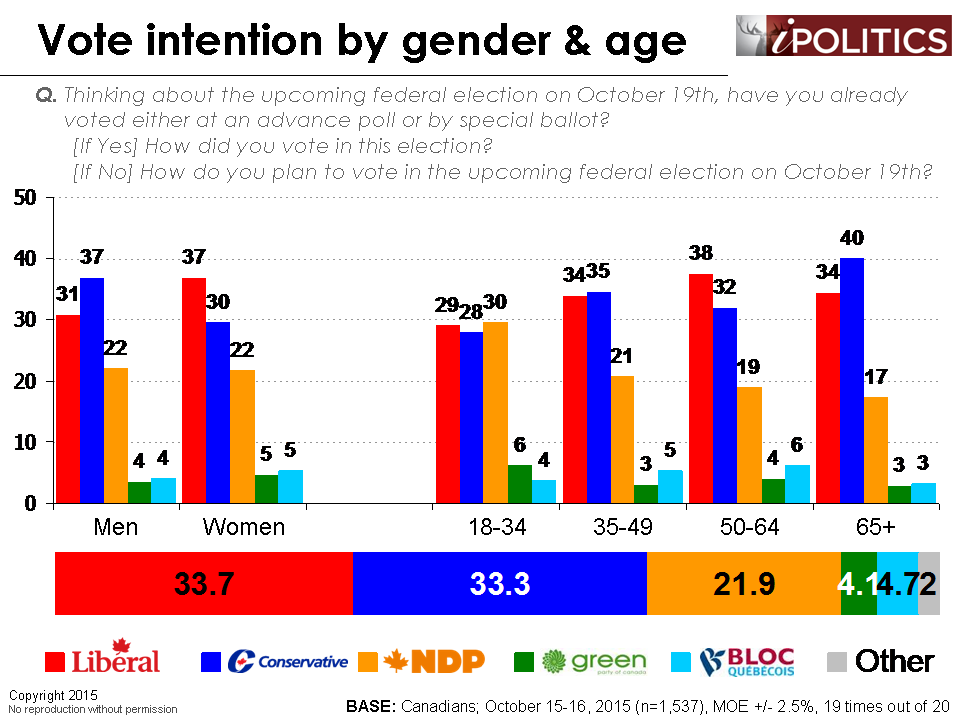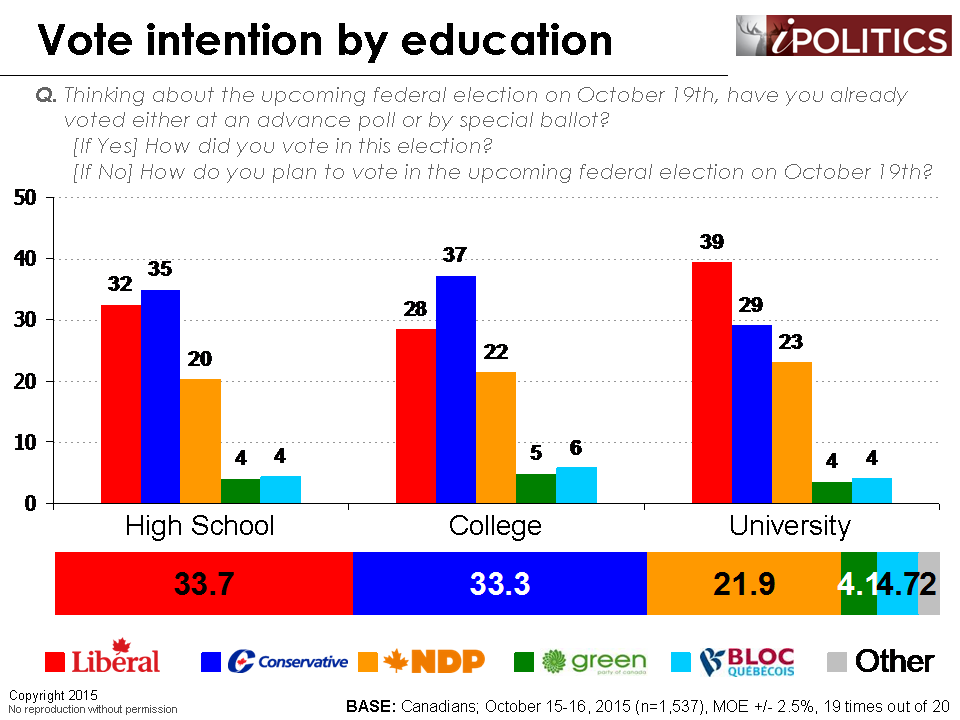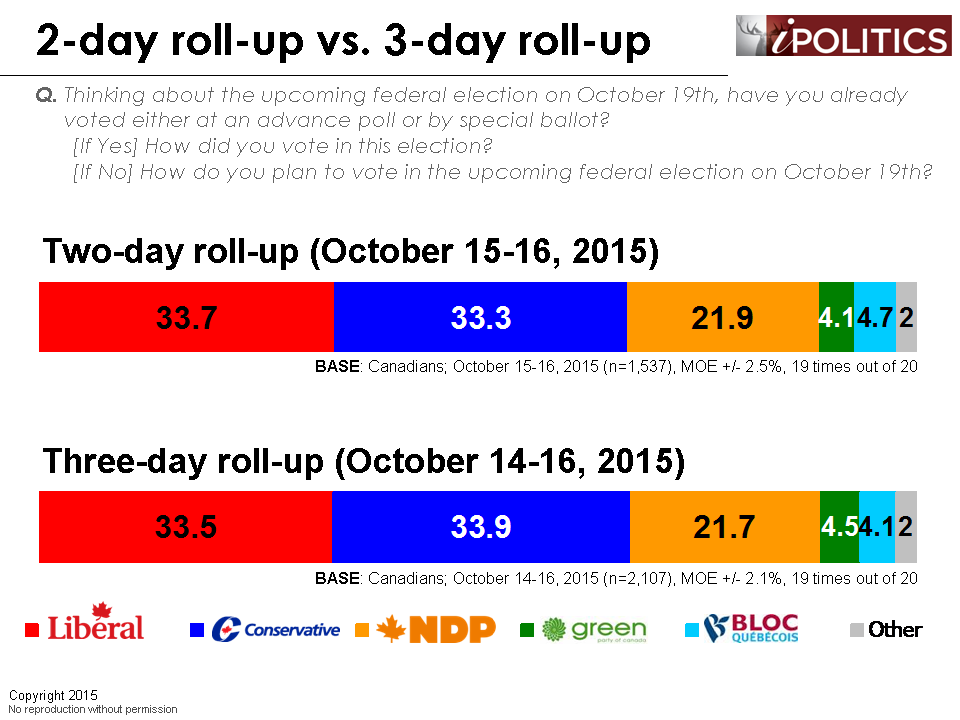Despite the rap sheet, Harper isn’t the worst PM
MARGARET WENTE
The Globe and Mail
Published Saturday, Oct. 17, 2015
When I thought about the subject of this column, I wondered if I should have my picture re-shot with a paper bag over my head. I don’t think this piece will win me many fans. So here goes. Is Stephen Harper really the worst prime minister in Canadian history? Is his coming rebuke at the polls the result of a massive strategic failure on his part? Are Canadian voters finally waking up and rejecting everything he stands for?
My answer is no. Please bear with me while I explain myself. I won’t bother to repeat the rap sheet against Mr. Harper. It is long, and you know it well. I am also not about to argue that you should vote for him. I think his personal characteristics don’t wear well in office and, after more than nine years in office, it’s time for a change.
But he hasn’t been a total disaster. Far from it. His economic management has been generally fine. Canada did the right things during the economic crisis and weathered it remarkably well. Job creation is respectable, household incomes have gone up, and federal public-sector debt has gone down. Mr. Harper has greatly expanded our trade links and capped it off with the Trans-Pacific Partnership, a far-reaching and enormously important deal.
He hasn’t exactly gutted the welfare state, either. The Conservative government has spent billions on infrastructure investments, aboriginal programs and ambitious new initiatives in the North. It has dropped bags of money on the middle class. It has steadily lowered taxes. (Note that the other parties strenuously deny that they will raise them, except for taxing that odious 1 per cent.)
My colleague John Ibbitson’s new book, Stephen Harper, is a balanced and masterly account of the Harper years. As he points out, Mr. Harper’s most important goal has been to shrink the size of the federal state, and he has succeeded. He did this in large part by handing a lot of money, authority and taxing power back to the provinces, no strings attached. This had the salutary effect of ending the federal-provincial wrangling that used to suck up so much time and energy. It also helped to dampen the sovereigntist movement in Quebec. On the constitutional and federal-provincial front, Mr. Harper has given us a decade of merciful peace.
He has been sound on national security, in a way that is occasionally excessive but also resoundingly supported by most Canadians. His immigration policy is generous and smart. His government has been a staunch defender of gay rights in bad parts of the world, and his global championship of maternal health has truly made a difference. There’s no sign that most Canadians want major changes to any of this.
Then we come to what he didn’t do. He didn’t launch any big new nation-building projects. Liberals think this shows his lack of vision; in fact, it just shows he’s a Conservative who thinks government should be modest in its aims. Many progressives desperately long for the good old days of the vision thing. Whether ordinary Canadians do, I’m not so sure.
After nearly a decade in power, it would be amazing if Mr. Harper could hang on to his majority. Over time, any government collects more baggage than a wagon train. The fatigue factor sets in. Pierre Trudeau, Brian Mulroney, and Jean Chrétien all wore out their welcome. And Mr. Harper – sour, dour, dictatorial, mean, secretive – wears out faster than most. Forget loveable. He’s not even likeable.
This time, there’s a pull as well as a push. Mr. Harper has faced some truly awful opponents – the drearily anti-charismatic Stéphane Dion, the carpetbagging professor Michael Ignatieff. His luck wasn’t going to last forever. Enter Justin.
Mr. Trudeau has a lot of energy and a sunny disposition. He has learned, and has run a good campaign. Most important, he has passed the competency test. He may not be a rocket scientist, but people think he’s good enough. They aren’t buying Mr. Harper’s threat that he would screw up the economy. They’re right. He wouldn’t, even if you think some of his economic ideas are pretty silly.
In short, strategic failure is not to blame for Mr. Harper’s imminent loss of seats, and probably of power. He’s the same guy with the same policies that he has always been. But Harper fatigue has set in.
Harper fatigue is different from Harper derangement syndrome, an affliction that plagues large swaths of the media and the academic class. These folks believe that he is the Prince of Darkness, and they’ve had a disproportionate impact on public discourse. To hear them talk, Mr. Harper is out to destroy democracy itself. People who are regarded as serious intellectuals have variously described him as Putinesque, Peronist, Stalinist and fascist. Last week, the painfully unfunny Mary Walsh did a comedy skit in which she called him “Stasi Steve” and “Herr Harper.” (The CBC thought this so witty, it was posted on the broadcaster’s website.)
Fortunately Mr. Harper isn’t Hitler, and democracy in Canada is alive and well. Every so often, we throw the bums out and replace them with new bums. This is natural and healthy. The outgoing bums will look better in the rear-view mirror. The new bums should enjoy their welcome while it lasts.



